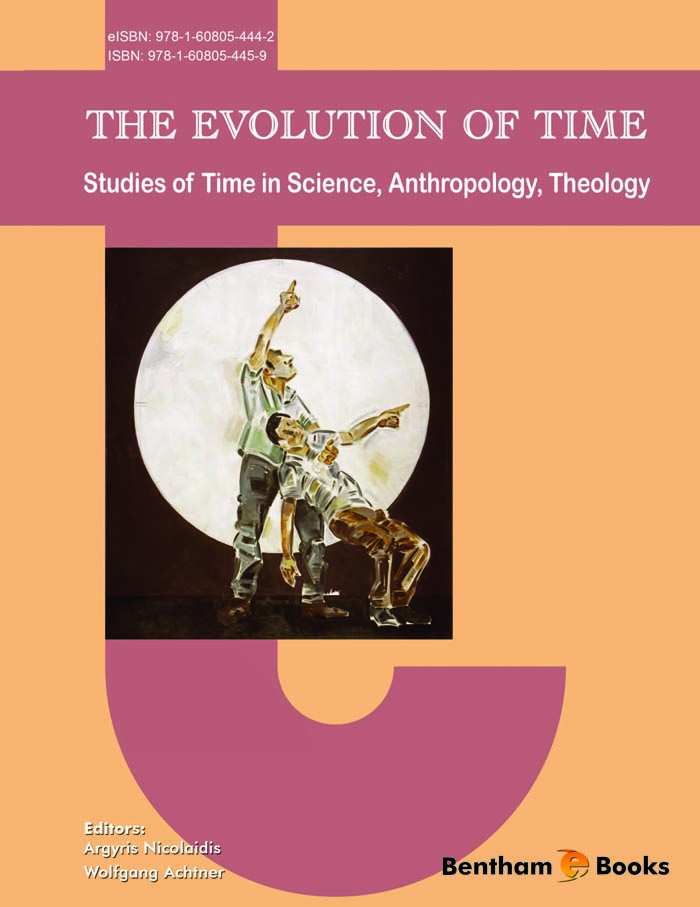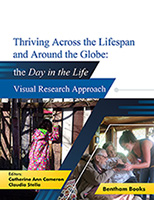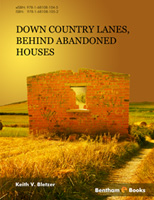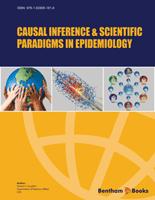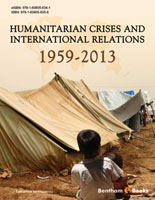Time, a fundamental component of human thought and experience, remains a most enigmatic and elusive one. A preeminent philosophical topic, time is linked to the dynamic interplay of being and becoming. Christian theology underlines the anthropological dimension of time, first analyzed by Saint Augustine. Natural Sciences study the different temporalities encountered in nature, from the vibrations of atoms to the planetary motions and the evolution of the universe itself. Neurosciences explore how parts of the human brain are associated to distinct ways of experiencing time.
The research workshop “TIMES: Time in Science, Anthropology and Theology” brought together scholars from the fields of Physics, Mathematics, Biology, Neuroscience, Psychology, Philosophy and Theology. The objective was to study the full dynamics of the time phenomenon and the evolution and higher level complexity of our own conceptions of time. A number of important questions were raised, with a broad range of answers indicated. Among them:
-
The nature of time, i.e., is time a fundamental notion shaping reality, or rather is it an illusion?
-
What natural sciences tell us about time, especially theories like quantum mechanics, relativity and complex systems?
-
The evolution of the universe involves different time scales. Billion of years for galaxy formation, million of years for the creation of biological entities, thousand of years for the human development. Is it possible to accommodate all these different time scales, within a single history in time?
-
Is there any connection between the times and temporalities we encounter in nature, and the time conceived or sensed by the humans?
-
Past – present – future, are these real divisions of time? Can we imagine a unification of the three domains?
-
Apart from the standard causality, which leads us from the past to the future, can we consider other forms of causality in a time process? (e.g., a dynamics where the present is conditioned by the future)
-
Is eternity opposed to time, or may we consider the possibility of interference of time and eternity, the simultaneity of time and eternity?
-
Can we encounter within a time process, the presence of human freedom, the existence of human being as a free agent?
These proceedings present each participant’s contribution, drawn from their own field of knowledge and expertise. The individual contributions are grouped into broad chapters. The first chapter contains the contributions referring to, or inspired by physics. The second chapter includes the papers originating from biology and human sciences. The third final chapter contains the contributions from philosophy and theology.
In the first contribution, Prof. A. Nicolaidis considers the implications on our concept of time drawn from relativity theory, quantum mechanics and cosmology. The important element is evolution and time is the “all-begetting one”, the essential condition for the realization of being. We are thus led to an “ontology in the temporal”, inspired by the work of Peirce, Whitehead, Heidegger. A panorama of temporal structures, emerging in the different branches of science, is provided by Prof. K. Mainzer. The process of emergence of temporal patterns is contrasted to the philosophical tradition of “self-organization” (autopoiesis) as expressed by Aristotle, Kant, Shelling and to the theological tradition of revelation. Prof. P. Mittelstaedt focuses his attention on relativistic time, time as conceived within special relativity, general relativity, relativistic cosmology. The conditions for the existence of a universal cosmic time are studied and it is explored how the philosophical concept of eternity might emerge within the context of modern cosmology. Prof B. Carter invokes the anthropic reasoning to link the external time of the objective world to the characteristic time scale of human perception. He deduces that our capability for mental processing is favored when the ratio of gravitational to electric coupling is small.
Profs. G. Falkner and R. Falkner introduce us to the biological time, where time sustains qualitative alterations connected both to a memory of the past and an anticipation of the future. The adaptation process of an organismic self is exemplified with the case of the cyanobacteria during phosphate fluctuations. Prof. H. Förstl presents evidence that different parts of the brain are particularly relevant for certain aspects of time-related experience and behavior. Neurodegenerative diseases are approached as experiments of nature, indicating the extended brain areas, important for specific time-related tasks. Prof. U. Ott examines the time experience alterations during the mystical states of consciousness or meditation. The reported changes are characterized by a sense of timelessness and a feeling of all-encompassing unity. The monitoring of the mystic experience by EEG, measuring the electrical activity of the brain, reveals an increased activity in the gamma frequency range. Prof. J. Wackermann raises the important question how the multitude of “times” arising in diverse realms of reality, may lead to a universal description of time. It is proposed that inter-subjective synchronization and communication, allows the creation of a quasi-uniform, consistent time-keeping.
Prof. D. Evers brings in the philosophical and theological arguments regarding time and eternity. How to relate our temporal, transient existence to the eternal God? The ontological validity of time is rescued by creating forms and modes of human time, participants of God’s eternal being. Prof. E. Gräb-Schmidt assumes the task of comparing the concept of time outlined by Malsburg, a physicist, to the model of time developed by the philosopher and theologian Kierkegaard. Malsburg argues for an eternal universe, bringing together past, present, future, while Kierkegaard upholds a creative present, which linked to the past, anticipates the future. The final contribution by Prof. W. Achtner offers a broad review of time in philosophy and theology (Plato, Plotinus, St. Augustine), in the mystical traditions of world religions (Islam, Hinduism, Buddhism), in neurophysiology, in the trinitarian concept of God.
Our first gathering in May 2007 was hosted by the Macedonian Museum of Contemporary Art (MMCA) in Thessaloniki, while our second gathering in September 2007 was hosted by the National Hellenic Research Foundation (NHRF) in Athens. Our meeting in MMCA ran in parallel with a major exhibition on “time and the times of the artwork”, marking the 40th anniversary of the translation in Greek of Proust’s novel “À la recherche du temps perdu”, with 27 artists presenting their own vision of time. The generated interaction between the participants of the workshop and the artists, their joint public debate on time, widened the horizon of cultural manifestations, revealing the different aspects of human intelligence, creativity, imagination. The cover of the proceedings portrays the work of one of the artists, Apostolos Georgiou. The title of the painting is “Five past three”, and clearly indicates that time, rather than an objective or subjective abstract operation, is marked by concrete actions of human solidarity.
We would like to thank those who supported our endeavor: Prof. Xanthippe Heupel, president of MMCA, Prof. Denys Zacharopoulos, art director of MMCA, Prof. Dimitrios Kyriakidis, director and chairperson of NHRF, Dr. Karl-Heinz Thalmann, director of the Goethe Institute. The media sponsor of our public activities was the national TV channel ET3. All practical and organizational tasks were carried out thanks to the inventiveness and hard work of three young people: Dimitris Evangelinos, Marina Ntika, Panayiotis Tsalouhidis.
Last but not least, we would like to gratefully acknowledge the generous support of the John Templeton Foundation. The research workshop on Time was part of a major project, carried out by the European Research Network (ERN) “Science – Religion Interaction in the 21st Century”, and coordinated by one of the editors (A.N.). A grant of the Templeton Foundation to ERN allowed us to organize research workshops, symposiums and public conferences. The present volume may be seen as a sign of our collective effort to respond to Sir John Templeton’s invitation, to link the scientific achievements to the questions of value and meaning.
Argyris Nicolaidis
Faculty of Science
Aristotle University of Thessaloniki
Thessaloniki
Turkey
Wolfgang Achtner
Institut für Evangelische Theologie
Justus Liebig University Giessen
Giessen
Germany

